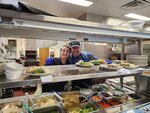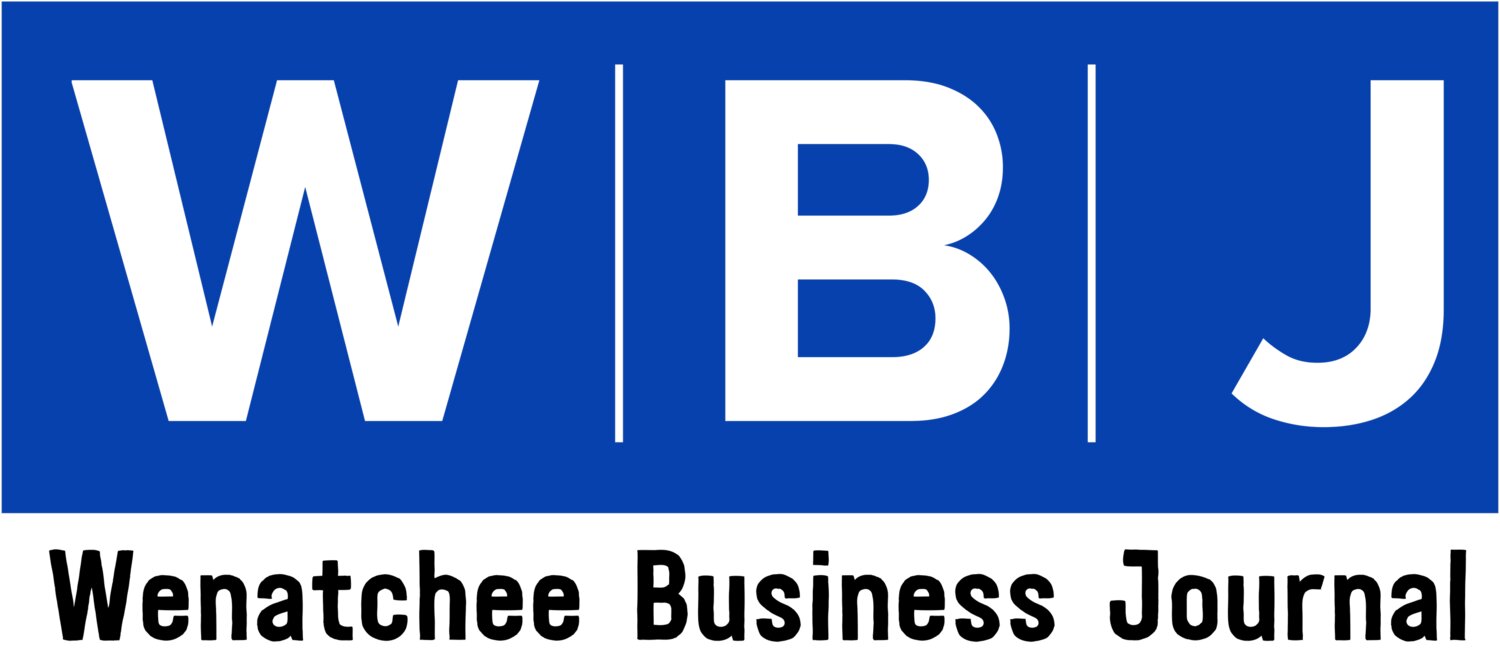



Confluence Health's Central Campus kitchen spearheads a groundbreaking composting initiative to drastically cut down on organic waste, previously destined for landfills. With an average output of 1,500 daily meals, including discarded vegetable scraps and paper products, the kitchen generated substantial refuse. Responding to staff enthusiasm, Confluence Health partnered with Winton Manufacturing, a compost service company, to convert this waste into a valuable environmental resource. Michelle Harris, the food services director, highlighted the program's initial focus on pre-consumer waste, collecting two 96-gallon totes weekly, with plans for expansion. Though necessitating kitchen workflow adjustments, the transition received resounding support from staff, eager to witness waste reincorporated into the earth. This move not only lightened regular garbage loads but also exemplified a significant commitment to sustainable waste management, diverting nearly half a ton of compostables monthly.
WENATCHEE - The Confluence Health Central Campus kitchen has launched a pioneering composting program aimed at significantly reducing organic waste. Preparing an average of 1,500 meals daily for patients, visitors, and staff generates substantial organic refuse, including discarded vegetable scraps, eggshells, and select paper products. Previously, these materials would have ended up in landfills alongside standard garbage.
Responding to the initiative from kitchen staff, Confluence Health's leadership explored collaborating with a composting service to convert this waste into a resource beneficial for the environment.
“Anything we can do to keep things a bit greener is always a good thing,” reflected Mike Miller, a cook at the Central Campus kitchen.
“Composting is a great start.” “For all the people and families living in our community, this is a great benefit for their health as we help to produce compost that means we can avoid using chemicals to help grow food,” said Maria Nordstrom, who also works as a cook at the Central Campus. “Organic methods are better.”
Robbette Schmit, from Winton Manufacturing, a compost service company in Leavenworth, approached Confluence Health's food services team about diverting their compostable waste. Following discussions and logistical considerations, Confluence Health agreed to partner with the company, marking a pivotal step toward sustainable waste management.
“Our first commercial customer was a butcher in Cashmere and then the Cascade School District adopted a compostable waste program where the kids sort their waste into different categories, including compost, recycle, and landfill,” explained Schmit. “After that, restaurants and hotels in Leavenworth began our service, along with the launch of our community composting program. In total we have 26 service stops in the Leavenworth area and have just now begun servicing the Wenatchee and East Wenatchee areas. Confluence Health is our second Wenatchee customer.”
Michelle Harris, Confluence Health's food services director, elaborated on the initial phase of the program, focusing on collecting pre-consumer waste. The hospital currently collects two 96-gallon totes of waste once a week with plans for potential expansion. Harris expressed optimism about extending the program to other locations in the future.
“To start, we began by focusing on pre-consumer waste – the leftover scraps that come from preparing meals that can’t be used but can easily be collected and turned into compost – but we hope to later expand into collecting postconsumer waste as well, which is the food that is left over when cleaning up,” explained Harris. “Initially, we have rolled it out at Confluence Health Hospital Central Campus, but we hope to expand it to other locations later too. It’s gone extremely well so far with us currently collecting two 96-gallon totes once a week, but we might be able to go up to as much as three totes twice a week.”
Implementing the program necessitated workflow adjustments in the kitchen. However, the staff involved exhibited unwavering support and enthusiasm for the cause. Lana Babak, a cook at the Central Campus kitchen, expressed satisfaction with seeing waste returned to the ground rather than discarded.
“It’s been great so far and is working so smoothly,” commented Babak. “It is great to see things going back into the ground rather than becoming waste.” “I love it,” chimed in fellow cook Lynnsie Beckstead, as numerous other coworkers serving up meals nodded in agreement.
The transition to composting has also offered practical benefits, lightening the regular garbage cans, making them more manageable for staff. Harris commended the team's overwhelming support and enthusiasm for the initiative, noting minimal complaints and widespread excitement for the positive change.
Schmit praised the commitment of the Central Campus kitchen team, describing their advocacy for composting as empowering. The hospital's current diversion of approximately 200 pounds of food waste per week translates to almost half a ton of compostables monthly.

Comments
No comments on this item Please log in to comment by clicking here